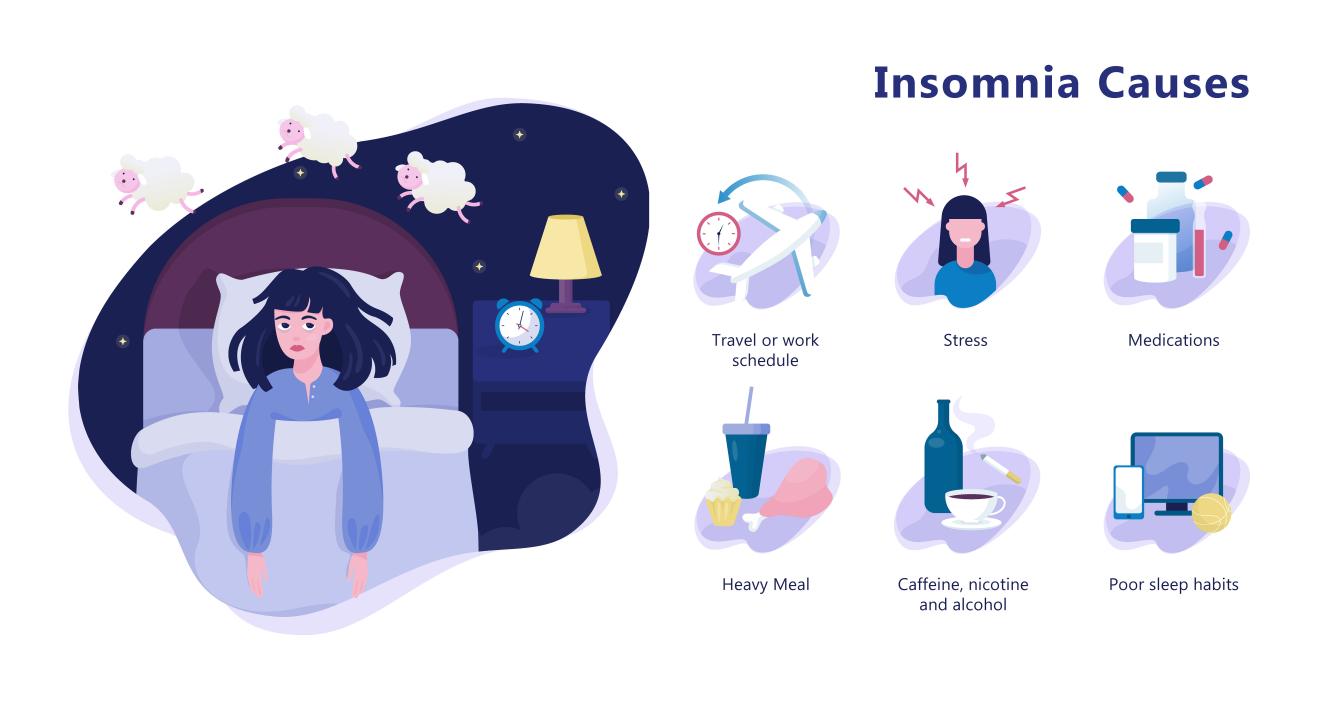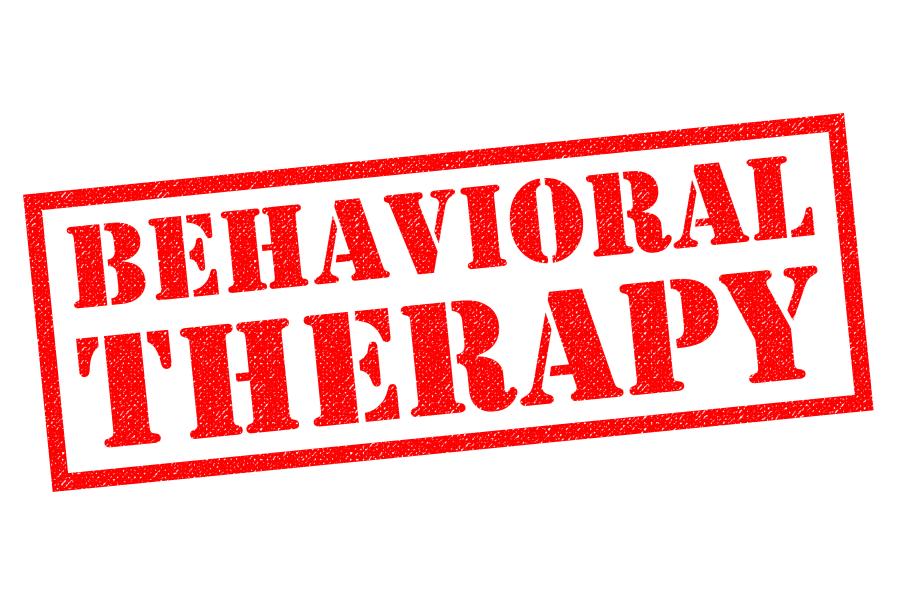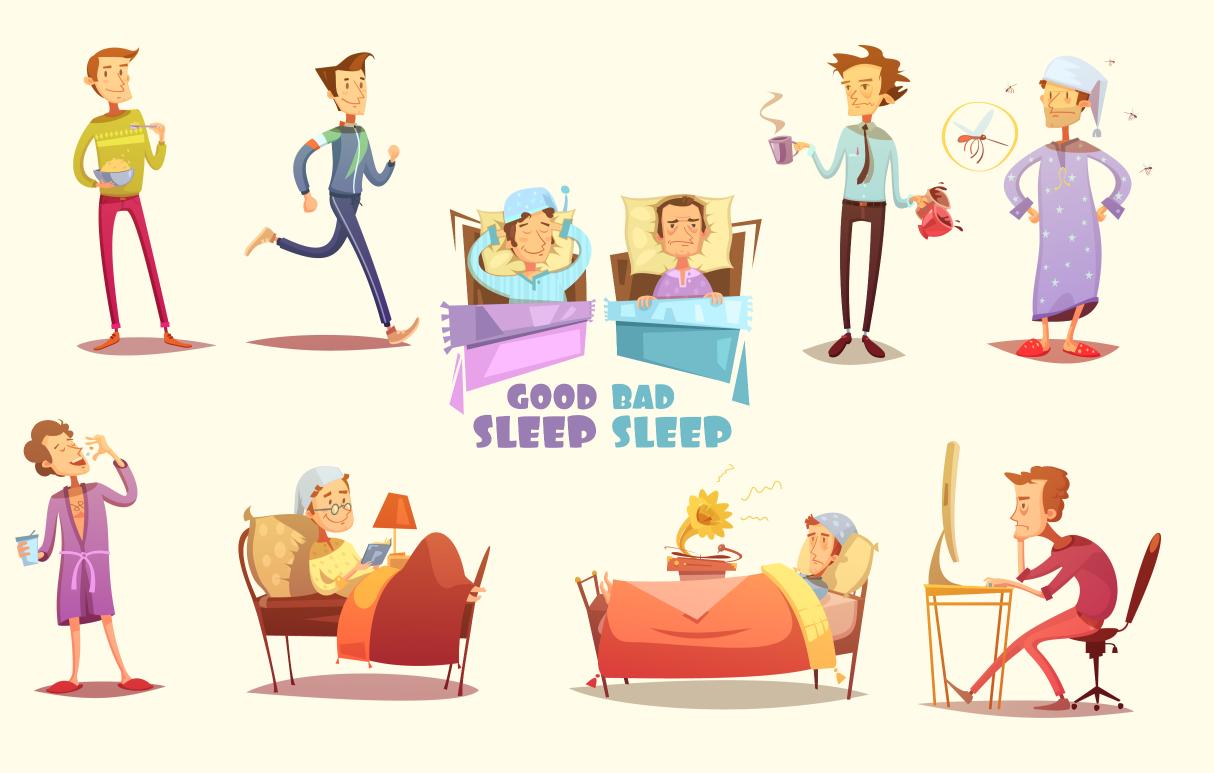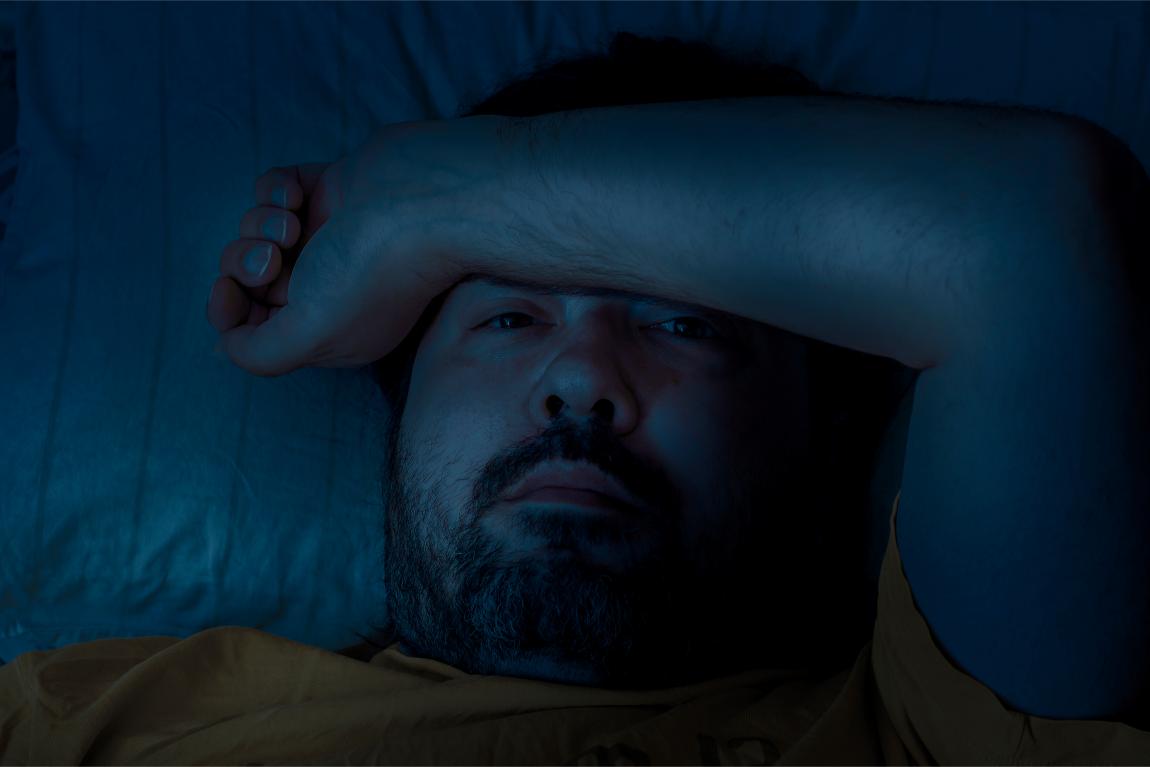What is insomnia? It is the most common sleep disorder. It can be either short term or long term and may be transient. Short term insomnia can last anywhere between 1 night to a few weeks. When insomnia is chronic it has been ongoing for at least three nights per week for more than three months. Now, let’s look into the different types of insomnia in a little more detail.
Types of Insomnia
- Short Term – Acute Insomnia
This type of insomnia is generally referred to as adjustment insomnia and lasts up to one month. It is generally a type of insomnia that is brought on by situational stress such as exams, a deadline or a new job etc. Once this stressor is removed the insomnia usually resolves itself.
- Transient Insomnia
This type of insomnia lasts less than a week and is usually caused by changes in one’s sleep environment, stress or depression.
- Chronic Insomnia
This type of insomnia lasts for longer than a month and is often associated with chronic psychiatric and medical conditions. It is also common in patients that have an underlying risk of insomnia.
Insomnia comes in two categories, these are primary and secondary.
With primary insomnia your sleep problems are not linked to another health problem or condition.
Secondary insomnia occurs when your sleep problems are due to a health condition such as medication, pain, depression, asthma, arthritis depression, cancer, heartburn or substance abuse.
Causes of Insomnia

Primary insomnia can be caused by:
- Big life events that cause stress such as the death of a loved one, job loss or some other major change.
- Things in your environment such as the temperature, lighting or noise.
- Changes to your sleep schedule such as a new work shift or jet lag.
Secondary insomnia can be caused by:
- Anxiety
- Depression
- Medication for asthma, colds, allergies, high blood pressure or depression
- Discomfort and pain at night
- Alcohol, Tobacco or Caffeine use
- Endocrine problems such as Hyperthyroidism
- Other sleep disorders such as restless legs syndrome or sleep apnea
Risk Factors for Insomnia
Women tend to suffer from insomnia more often than men and it is found more in the older population. Young middle aged individuals of African-American descent tend to be at a higher risk of insomnia.
Insomnia affects women more than men and older people more than younger ones. Young and middle-age African Americans also have a higher risk. Other risk factors for insomnia include:
- Mental health problems
- Long term illness
- Working rotating shifts or night shifts
Symptoms of Insomnia
- Fatigue
- Daytime sleepiness
- Irritability
- Memory problems
- Problems concentrating
Insomnia Diagnosis
If you think you may have insomnia you should schedule a visit to your primary care physician. They will complete a physical exam and use this along with your sleep history and medical history to decide on a diagnosis.
They may ask you to keep a sleep diary to track your sleep patterns for a period of one to two weeks. They may also ask you to include how you are feeling through the day and may want to talk with your partner or anyone you may sleep with. There may also be special tests that need to be done at a sleep center.
Do you struggle with Insomnia?
We have clinicians expert on Insomnia, feel free to read about them, or book a free consultation to review your situation.
Do you struggle with insomnia?
We have clinicians, expert on insomnia feel free to read about them, or book a free consultation to review your situation.
Is Insomnia Curable?
Yes! Most cases of insomnia are curable and can even be cured with changes that you make on your own. On that note let’s talk about treating insomnia.
How to Treat Insomnia

If you have short term insomnia it may not need treatment but if your insomnia is affecting your ability to carry out your daily functions it is time to seek help. Here at ESTADT we offer behavioural therapy for insomnia among our services.
Your doctor may prescribe medicines that can work quickly if you need them. It is wise to avoid over the counter sleeping pills as they have side effects and their efficacy tends to reduce over time. As well as you really should take the step to see your doctor so they can rule out any health condition that may be triggering your insomnia.
Complications of Insomnia
Sleep is important so our brain and our entire body can repair themselves. Sleep is crucial for keeping memories and for learning. If you are staying awake at night due to insomnia you could be suffering from a myriad of conditions. This lack of sleep can also make you prone to a number of conditions as well. These can include but are not limited to:
- Increased risk of depression, obesity and high blood pressure
- Increase risk of falling especially for the elderly
- Irritability
- Anxiety
- Trouble concentrating
- Slow reacting times which can be fatal especially when driving a car
How to Prevent Insomnia

Implementation of good sleep habits can help to prevent insomnia. Here are some tips to help you create a healthy sleep routine:
- Schedule a time each night for going to bed and a time for getting out of bed each morning.
- Don’t use electronics before bed as the light from these can make it harder for you to fall asleep.
- Avoid nicotine and caffeine late in the day, these are stimulants that will keep you up.
- Alcohol should also be avoided as it can interrupt your sleep quality by causing you to wake up in the middle of the night.
- Exercise regularly but try to do this at least three to four hours before your scheduled bedtime.
- Don’t eat heavy meals before bedtime.
- Create a dark and quiet bedroom. If you can’t keep out light, get yourself a sleep mask and try earplugs to block out sound. You can also choose a white noise machine or run a fan to help with sleep.
- Have a nightly relaxation routine that you complete every night before going to bed. It could include running a hot bath, reading a book and listening to music.
- Designate your bed for only sleep and sex.
- When you can’t fall asleep, get out of bed and do something calming until you start to feel sleepy.
- If you often find yourself in bed at night worrying about things you should create a todo list before bed and place your concerns there.
Now you know what is insomnia and what you can do about it, your next step should be to contact your doctor if you think you may have insomnia. You can also request an appointment with us or schedule a free consultation. We would love to help you get back to restful sleep.
Do you struggle with insomnia?
We have clinicians, expert on insomnia feel free to read about them, or book a free consultation to review your situation.
Do you struggle with Insomnia?
We have clinicians expert on Insomnia, feel free to read about them, or book a free consultation to review your situation.
